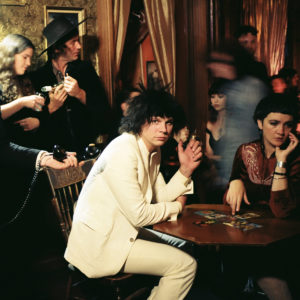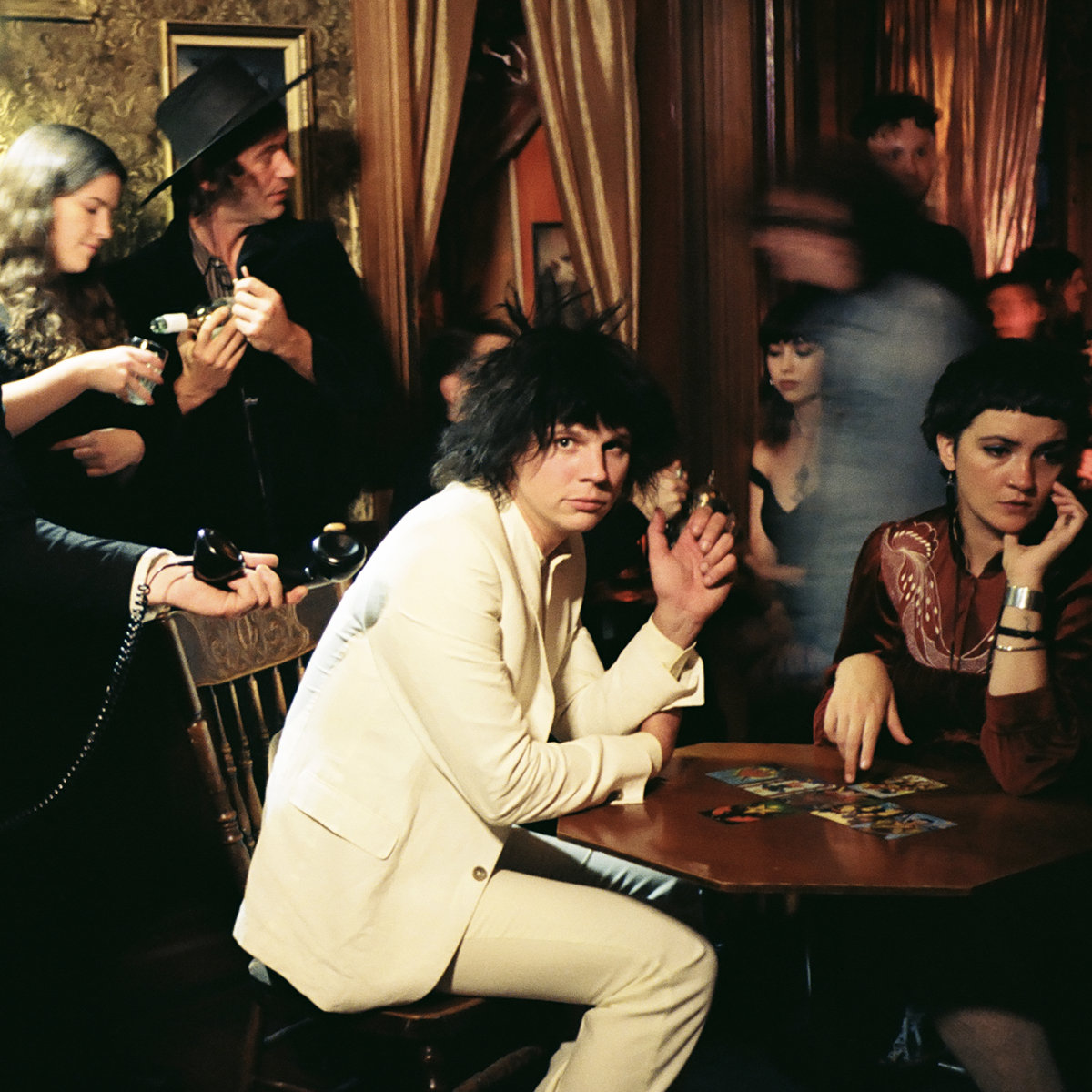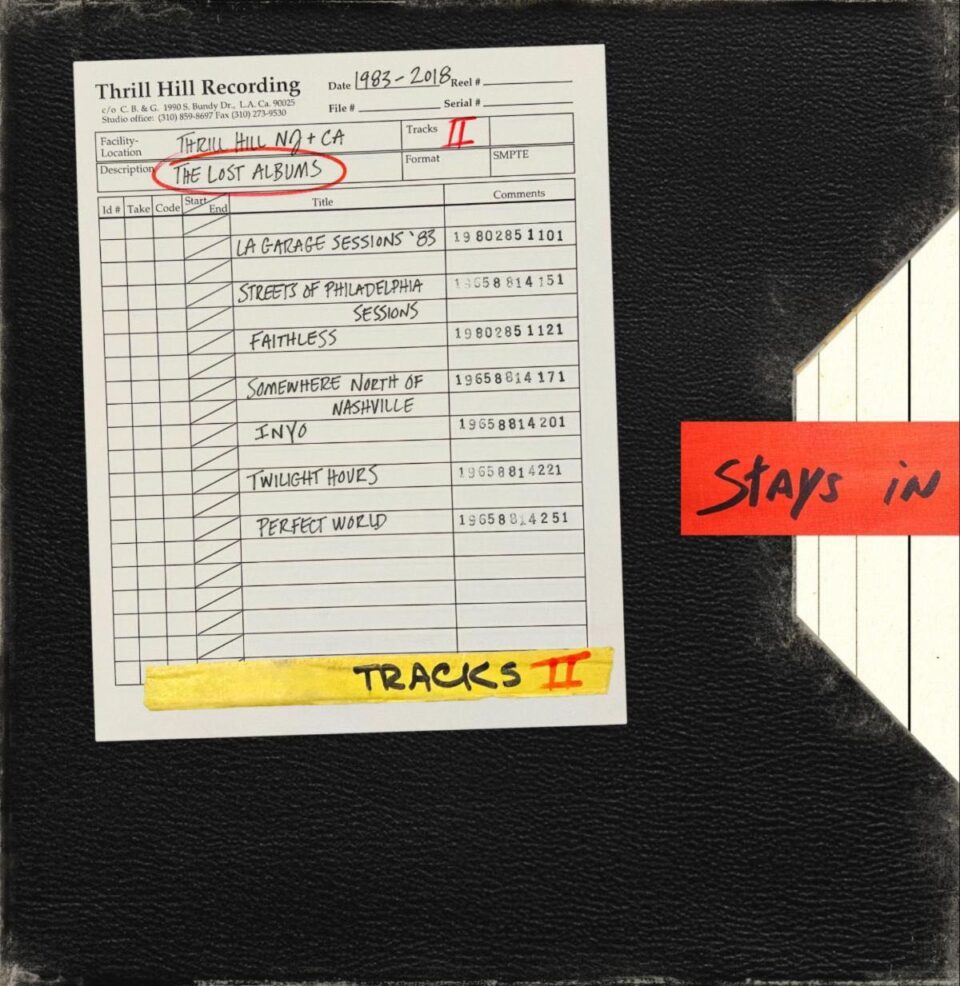Kyle Craft
Full Circle Nightmare
SUB POP
7/10
Portland-based by way of Louisiana and Austin, Kyle Craft’s pedigree includes churchgoing of the Baptist variety, bluegrass-playing relatives, more interest in road tripping and starting bands than staying close to home, and a natural stage presence and rock star look that’s well-suited to Seattle’s Sub Pop Records, his current label.
Craft’s new long player, Full Circle Nightmare, verily explodes out of the gate with a punky two-chord riff that would have Lou Reed and Julian Casablancas nodding their heads approvingly; “Fever Dream Girl” kicks off a ten-song rager cleaving closely to Craft’s studied style of blues-tinged ’70s light rock (or hard pop?), all of which is propelled by his urgent and often ragged and nasal vocals that some might describe as being of the Jack White school.
Throughout the album, Craft’s influences of decades-old bombast and glam—his life-changing introduction to David Bowie came though the film Labyrinth and its starman-penned soundtrack—and down-home folk and blues combine to create a musical atmosphere that feels both modern and familiar. You’ll hear shades of Queen in the title track and “Fake Magic Angel.” “Heartbreak Junky” slows things down, the vocals calling back ’70s heartthrob Nick Gilder, and “Exile Rag” adds slide guitar and a Stonesy swagger (Exile, indeed). But it’s “Belmont (One Trick Pony),” with its aggressive punk drone, searing vocals, and guitar histrionics that defines the album.
With just two albums under his belt, Kyle Craft can still be considered in development. There’s no denying the immediacy of his work, but it’s worth hoping that future albums will be a little less freewheeling.









